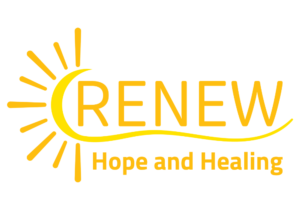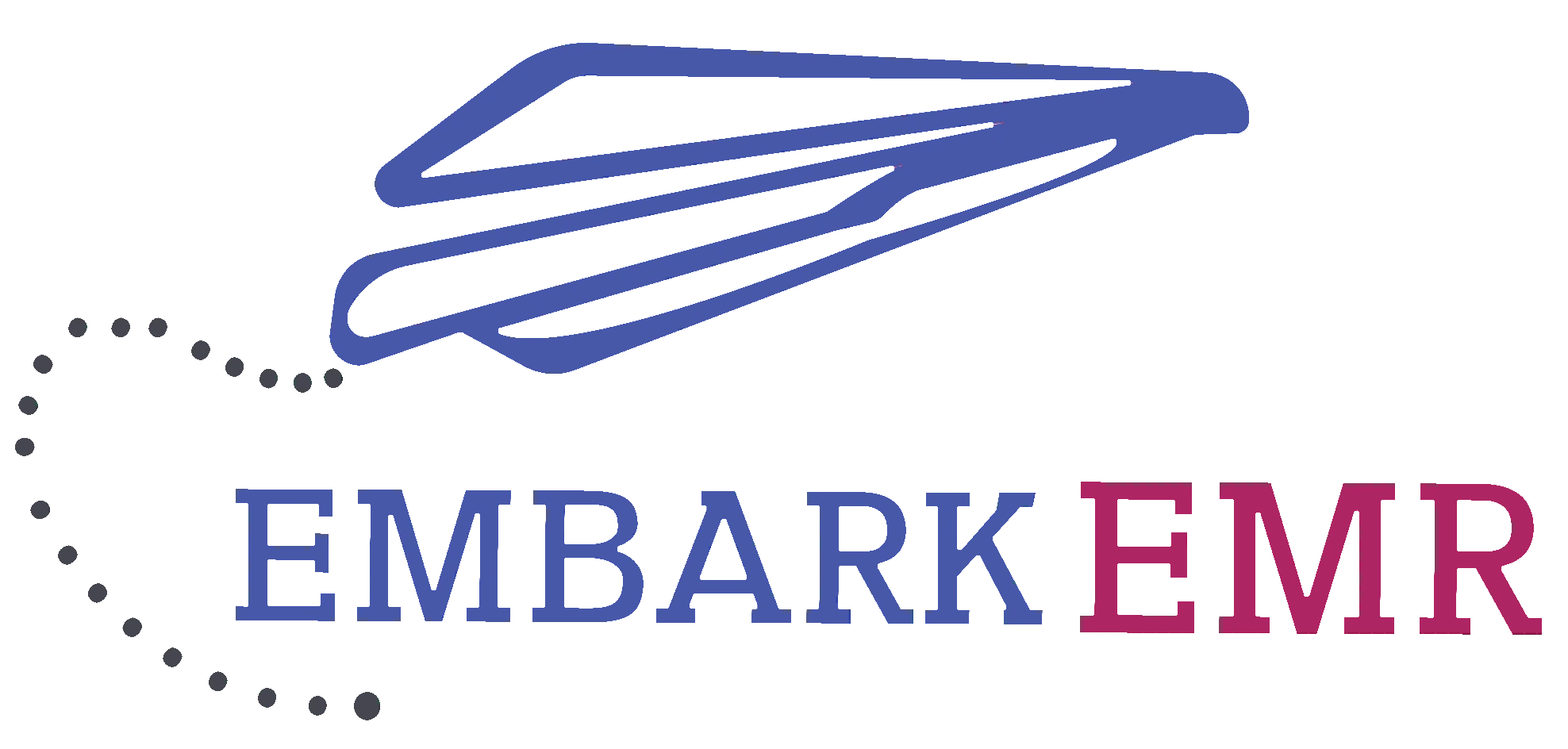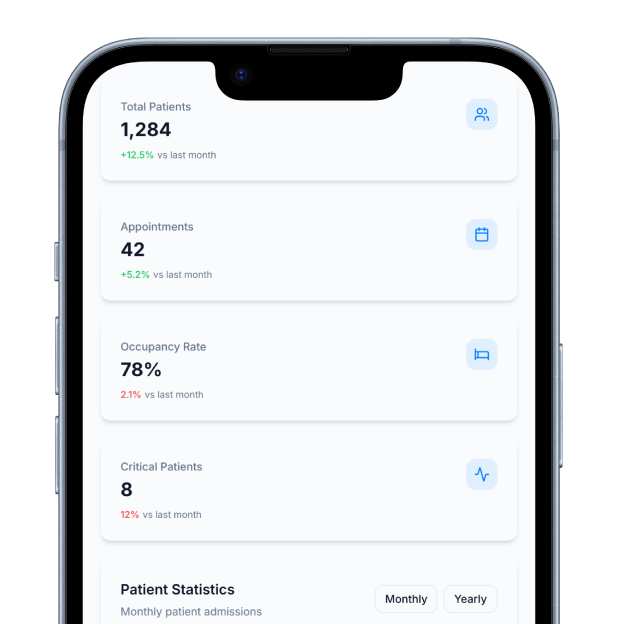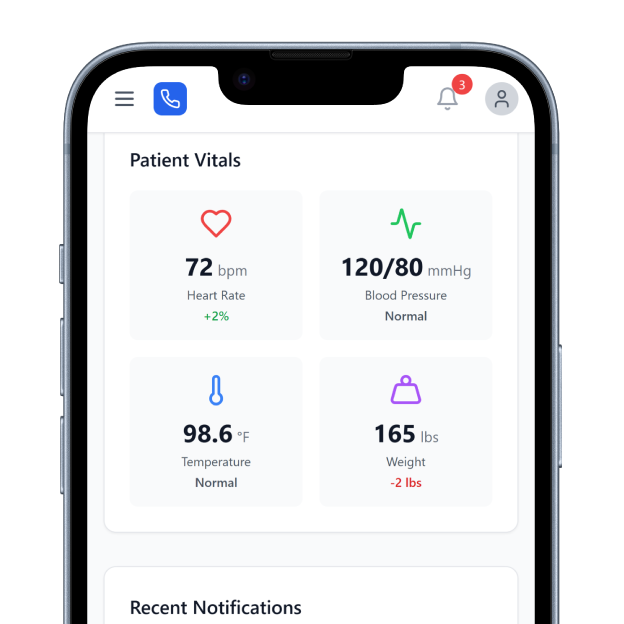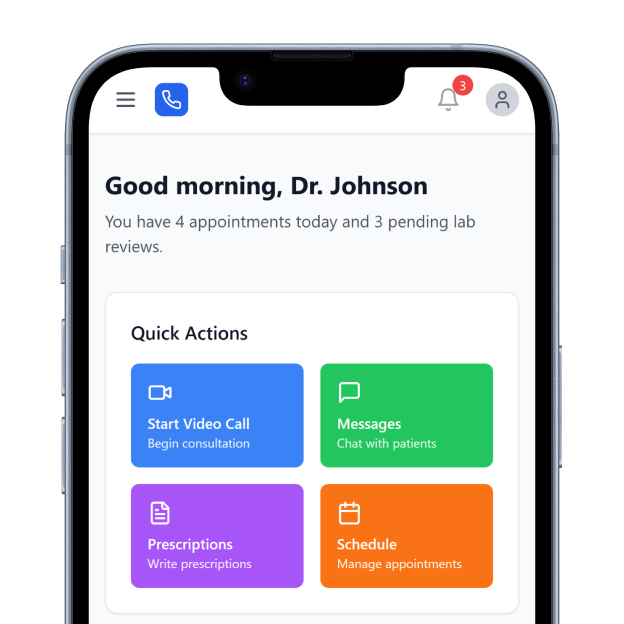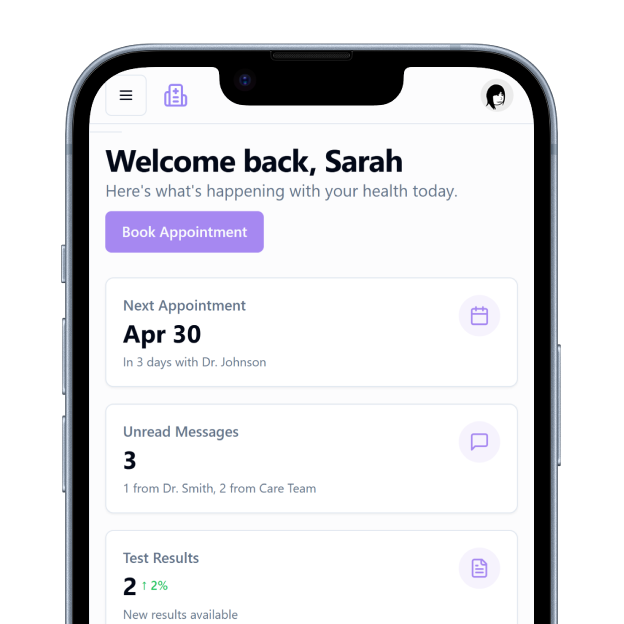Powering Connected Care with FHIR in Healthcare
Enable real-time, secure health data exchange across platforms and providers with HL7 FHIR-based healthcare integration.
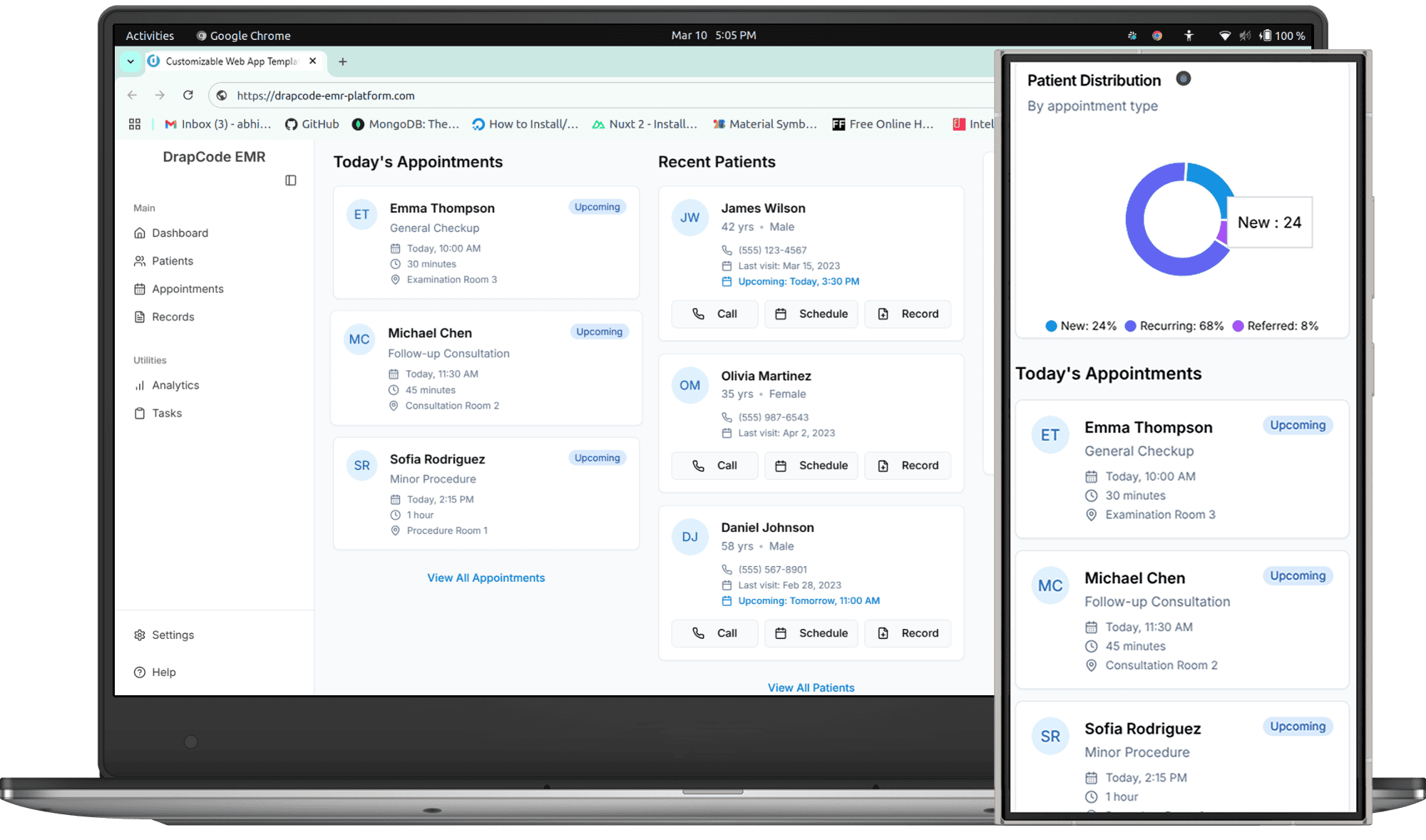
What Is FHIR in Healthcare?


Modern Standard for Healthcare Interoperability
From clinical workflows to mobile health apps, FHIR healthcare integrations unlock faster, more scalable and secure data-sharing. Whether using FHIRBase, Smile FHIR, or InterSystems FHIR, you can enable standardized access across hospitals, labs, and digital tools.
Key Features of FHIR in Healthcare
Structured Data Resources
Access patient, encounter, observation, and diagnostic data using standardized HL7 FHIR resource definitions and formats.
RESTful API Support
Retrieve or update healthcare data instantly with secure, scalable, and lightweight RESTful API calls using FHIR.
Real-Time Interoperability
Enable near real-time syncing of records and medical events between providers, apps, and third-party platforms.
SMART App Integration
Support for SMART on FHIR apps using OAuth2 allows role-based, secure, and context-aware application access.
Flexible Data Models
Use modular FHIR resource bundles to tailor data models for public health, research, or specialty use cases.
Compliance & Audit Logging
Built-in compliance support includes encryption, role-based access, and interaction logging for HIPAA and ONC standards.
Why Build with DrapCode?
Universal Data Access
Facilitates standardized health data exchange across systems, improving care delivery and reducing integration costs.
Faster Implementation
Reduce time-to-deploy with plug-and-play FHIR modules and open-source server compatibility out of the box.
Improved Patient Outcomes
Access to real-time, structured data enables providers to make informed decisions with greater speed and accuracy.
Future-Proof Architecture
FHIR evolves alongside regulatory and industry needs—keeping your health IT stack agile and compliant.
Real Use Cases
How to Make It
Select the appropriate FHIR standard version
Model healthcare resources and bundles
Integrate with FHIR-compatible systems
Secure, test, and deploy your healthcare integration
FHIR for Scalable Health Innovation
As healthcare becomes more digital, FHIR healthcare standards support advanced analytics, AI Integrations, and cloud-native care delivery. Integrating FHIR early helps you stay ahead of compliance mandates and tech evolution.


Interoperability with FHIR Ecosystems
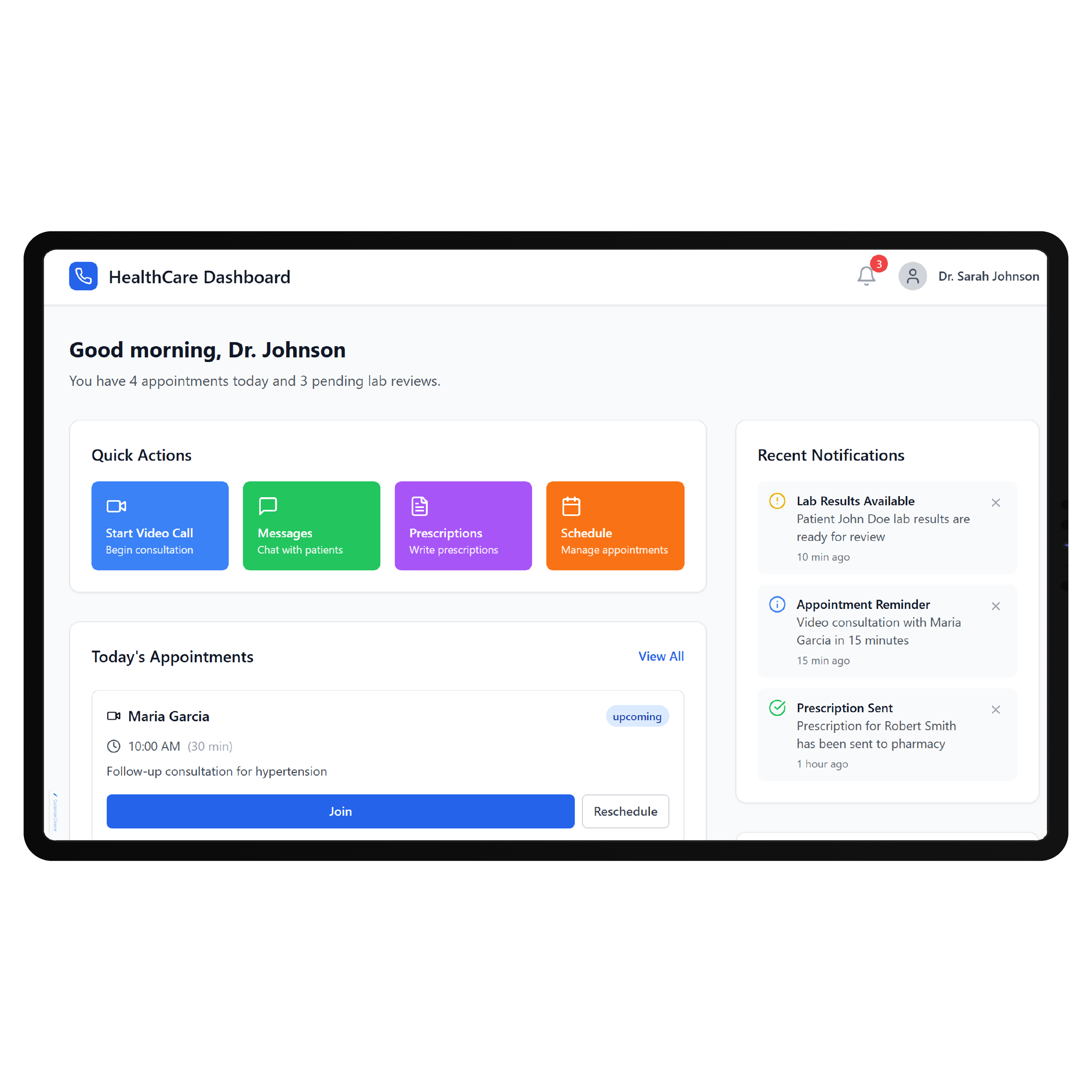
Frequently Asked Questions
What is FHIR in healthcare?
Is FHIR compatible with EHRs?
Can I connect wearables or IoT devices via FHIR?
Is FHIR HIPAA compliant?
What’s the difference between FHIR and HL7 v2?
Start Building with FHIR in Healthcare
Integrate your healthcare platform with FHIR APIs today and unlock real-time, secure, and compliant data exchange.

